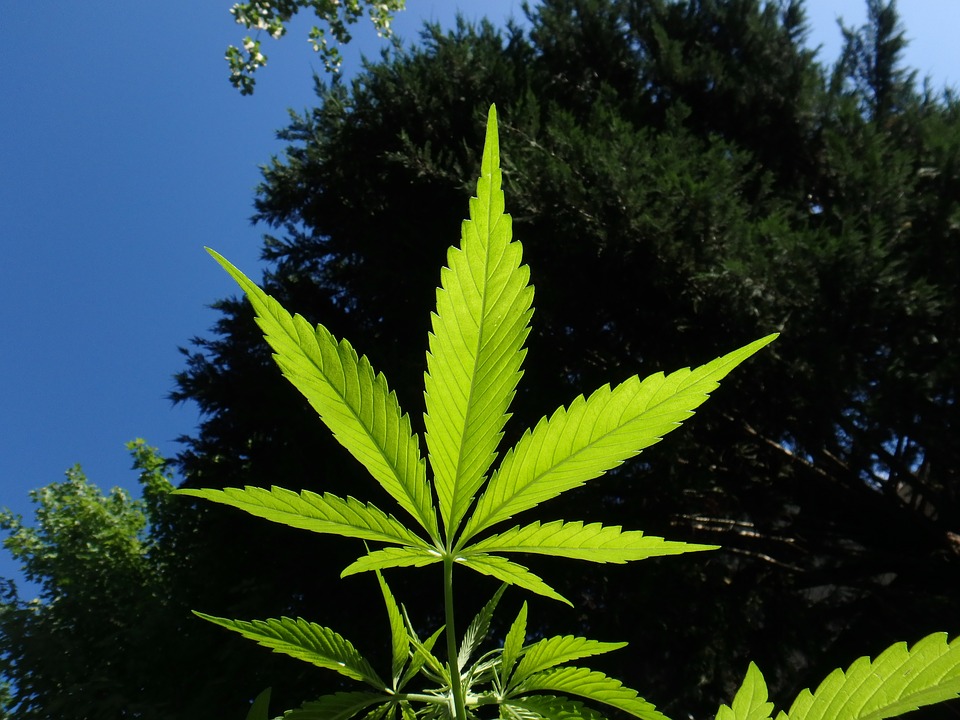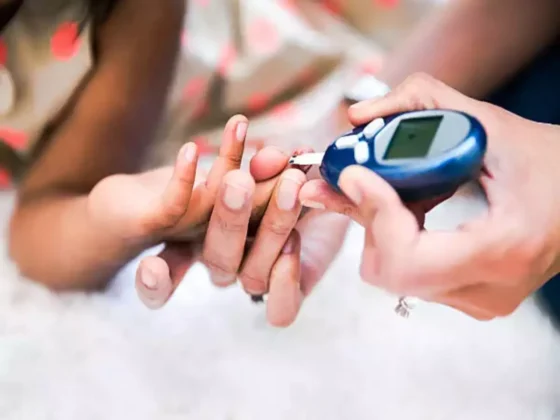Many people around the world enjoy starting their day with a hot cup of black coffee. Not only does it provide a caffeine boost, but it also has been linked to various health benefits. One area of interest is its potential role in reducing the risk of type 2 diabetes, a chronic condition affecting millions globally. Let’s delve into the research to see if your morning brew could indeed have a positive impact on your health.
Understanding Type 2 Diabetes
Type 2 diabetes is a condition where the body struggles to regulate blood sugar levels effectively. This happens when the body becomes resistant to insulin or doesn’t produce enough insulin to maintain normal glucose levels. Over time, high blood sugar levels can lead to serious health complications, including heart disease, stroke, kidney disease, and nerve damage.
The Role of Coffee
Coffee is one of the most widely consumed beverages in the world, known for its stimulating effects due to caffeine. But beyond its wake-up call, coffee contains many compounds that could potentially benefit health. Studies have suggested that regular coffee consumption may be associated with a reduced risk of developing type 2 diabetes.
Research Findings
Several research studies have explored the relationship between coffee consumption and type 2 diabetes risk. A meta-analysis published in the American Journal of Clinical Nutrition reviewed data from over 1 million participants and found that each additional cup of coffee consumed per day was associated with a 7% reduction in the risk of developing type 2 diabetes.
Another study conducted by Harvard researchers followed more than 120,000 participants over several years and found that those who increased their coffee intake by more than one cup per day had an 11% lower risk of developing type 2 diabetes compared to those who made no changes to their coffee habits.
The Power of Black Coffee
While the research suggests a potential link between coffee consumption and reduced type 2 diabetes risk, it’s important to note that these benefits are primarily attributed to black coffee. Adding sugar, cream, or flavored syrups can negate the positive effects and even contribute to weight gain and insulin resistance, which are risk factors for type 2 diabetes.
How Does Coffee Help?
The exact mechanisms behind coffee’s potential protective effects against type 2 diabetes are not fully understood. However, researchers believe that certain compounds in coffee, such as chromogenic acids and polyphenols, may play a role in improving insulin sensitivity and glucose metabolism. Additionally, caffeine itself has been shown to stimulate the release of hormones involved in regulating blood sugar levels.
Moderation is Key
While coffee consumption may offer potential benefits, moderation is key. Drinking excessive amounts of coffee can lead to negative side effects such as increased heart rate, anxiety, and sleep disturbances. Additionally, individual responses to coffee can vary, so it’s essential to listen to your body and adjust your intake accordingly.
In conclusion, enjoying a cup of black coffee in the morning may have more benefits than just helping you wake up. Research suggests that regular consumption of black coffee could be associated with a reduced risk of developing type 2 diabetes. However, it’s essential to consume coffee in moderation and without added sugars or cream to maximize its potential health benefits. As always, if you have any concerns about your health or coffee consumption, it’s best to consult with a healthcare professional. So, go ahead and savor your morning brew – it might just be doing your body some good.











